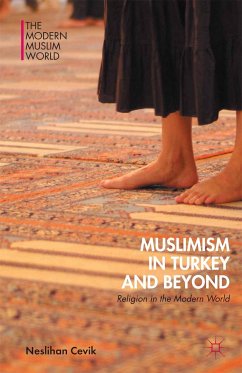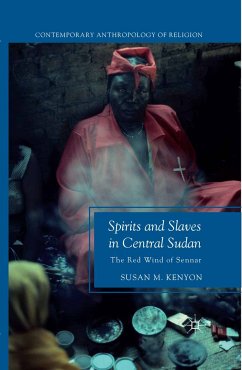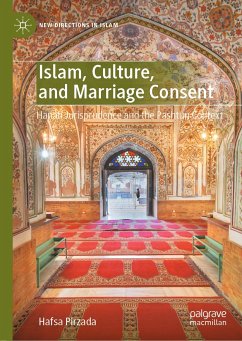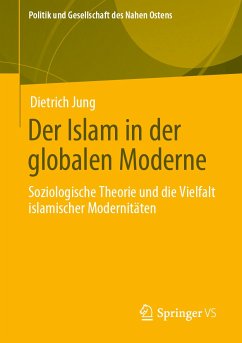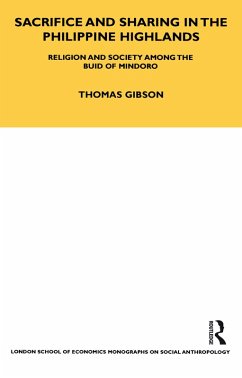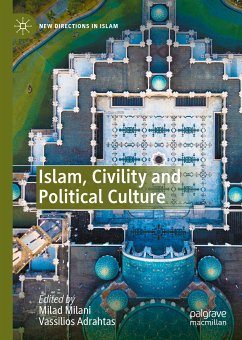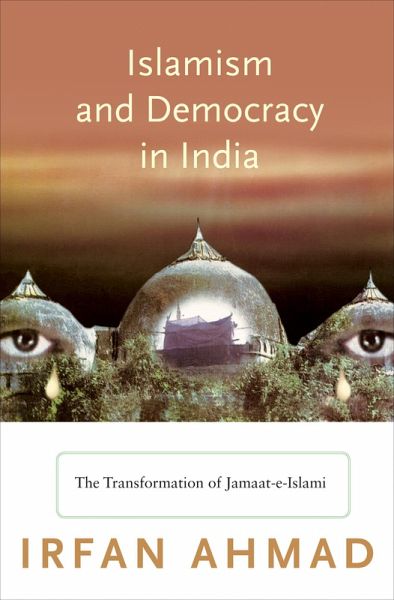
Islamism and Democracy in India (eBook, PDF)
The Transformation of Jamaat-e-Islami

PAYBACK Punkte
13 °P sammeln!
Jamaat-e-Islami Hind is the most influential Islamist organization in India today. Founded in 1941 by Syed Abul Ala Maududi with the aim of spreading Islamic values in the subcontinent, Jamaat and its young offshoot, the Student Islamic Movement of India or SIMI, have been watched closely by Indian security services since September 11. In particular, SIMI has been accused of being behind terrorist bombings. This book is the first in-depth examination of India's Jamaat-e-Islami and SIMI, exploring political Islam's complex relationship with democracy and providing a rare window into the Islamis...
Jamaat-e-Islami Hind is the most influential Islamist organization in India today. Founded in 1941 by Syed Abul Ala Maududi with the aim of spreading Islamic values in the subcontinent, Jamaat and its young offshoot, the Student Islamic Movement of India or SIMI, have been watched closely by Indian security services since September 11. In particular, SIMI has been accused of being behind terrorist bombings. This book is the first in-depth examination of India's Jamaat-e-Islami and SIMI, exploring political Islam's complex relationship with democracy and providing a rare window into the Islamist trajectory in a Muslim-minority context.
Irfan Ahmad conducted extensive ethnographic fieldwork at a school in the town of Aligarh, among student activists at Aligarh Muslim University, at a madrasa in Azamgarh, and during Jamaat's participation in elections in 2002. He deftly traces Jamaat's changing position in relation to India's secular democracy and the group's gradual ideological shift toward religious pluralism and tolerance. Ahmad demonstrates how the rise of militant Hindu nationalism since the 1980s--evident in the destruction of the Babri mosque and widespread violence against Muslims--led to SIMI's radicalization, its rejection of pluralism, and its call for jihad.
Islamism and Democracy in India argues that when secular democracy is responsive to the traditions and aspirations of its Muslim citizens, Muslims in turn embrace pluralism and democracy. But when democracy becomes majoritarian and exclusionary, Muslims turn radical.
Irfan Ahmad conducted extensive ethnographic fieldwork at a school in the town of Aligarh, among student activists at Aligarh Muslim University, at a madrasa in Azamgarh, and during Jamaat's participation in elections in 2002. He deftly traces Jamaat's changing position in relation to India's secular democracy and the group's gradual ideological shift toward religious pluralism and tolerance. Ahmad demonstrates how the rise of militant Hindu nationalism since the 1980s--evident in the destruction of the Babri mosque and widespread violence against Muslims--led to SIMI's radicalization, its rejection of pluralism, and its call for jihad.
Islamism and Democracy in India argues that when secular democracy is responsive to the traditions and aspirations of its Muslim citizens, Muslims in turn embrace pluralism and democracy. But when democracy becomes majoritarian and exclusionary, Muslims turn radical.
Dieser Download kann aus rechtlichen Gründen nur mit Rechnungsadresse in A, D ausgeliefert werden.





